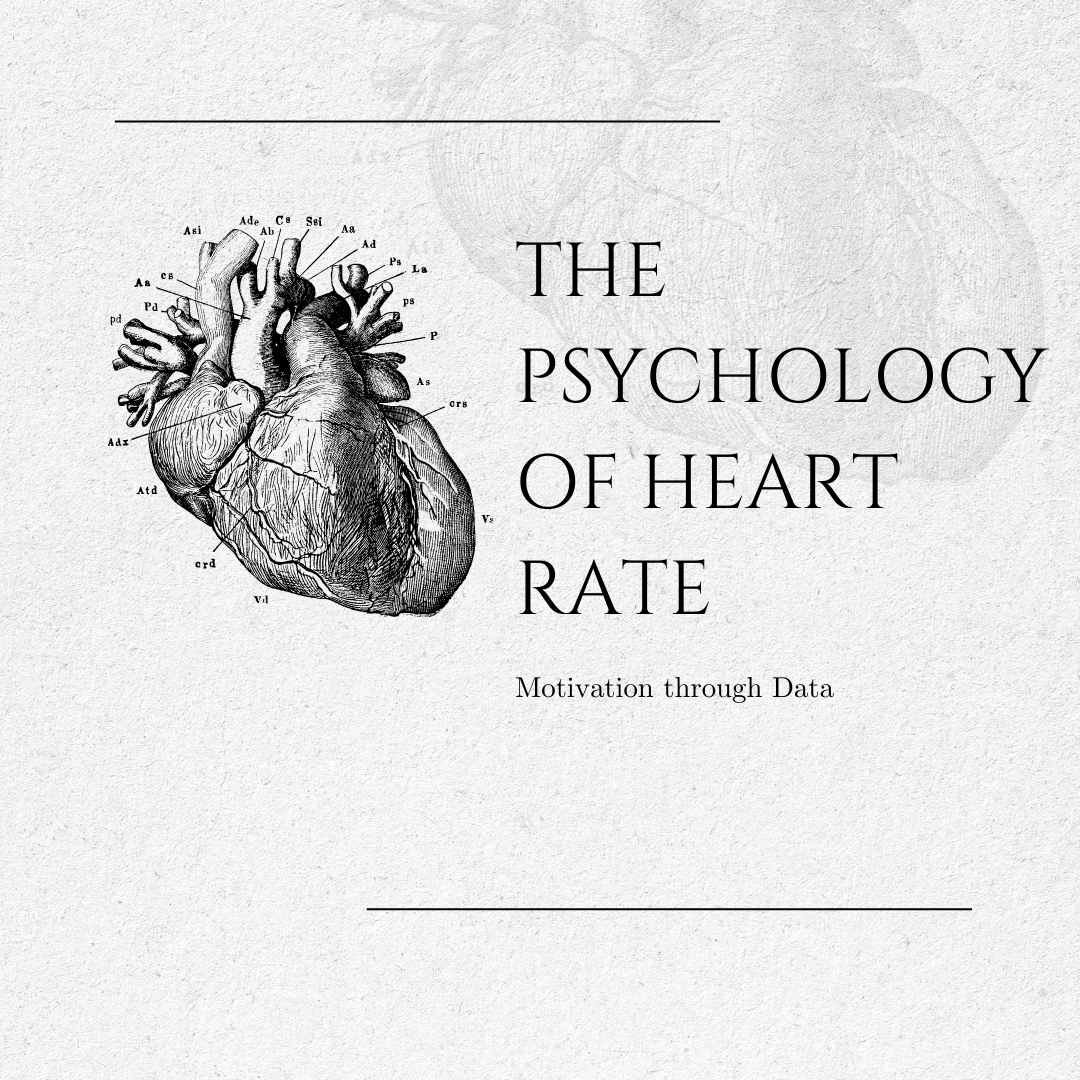The Psychology of Heart Rate: Motivation Through Data
In the world of fitness, understanding the psychology of heart rate and how it relates to motivation is an essential aspect of creating successful and engaging workout experiences for clients. Fitness studio owners, in particular, can benefit from a deep understanding of this concept to design more effective programs, retain clients, and drive business growth. In this blog post, we'll explore the intricate relationship between heart rate and motivation, the science behind it, and how to leverage data to optimize your fitness studio's offerings.
Section 1: The Basics of Heart Rate
To begin, let's delve into the fundamentals of heart rate and why it's a crucial component in fitness training.
1.1 The Physiology of Heart Rate
The heart rate, measured in beats per minute (BPM), reflects how efficiently the heart is pumping blood throughout the body. At rest, the average adult's heart rate is approximately 60-100 BPM, but during physical activity, this rate can increase significantly. Understanding the mechanics of the heart rate is the first step in comprehending the psychology behind it.
1.2 Heart Rate Zones
Heart rate zones are specific ranges of BPM that correspond to different levels of exertion. These zones provide insight into the intensity of exercise and how it affects an individual's body. They are typically divided into five zones, ranging from resting heart rate to maximum effort.
Section 2: The Psychology of Heart Rate
Understanding the psychology of heart rate in the context of motivation is where fitness studio owners can truly make a difference.
2.1 Motivation and Heart Rate
The key to motivation in fitness lies in helping clients set and achieve their goals. Heart rate data provides tangible, real-time feedback on their progress, allowing them to track improvements, push their limits, and stay engaged.
2.2 The Motivation Cycle
The motivation cycle, in the context of heart rate, can be divided into stages: setting goals, tracking heart rate data, analyzing results, and adjusting the training plan. Understanding this cycle can help fitness studio owners create a more motivating environment.
Section 3: Leveraging Data for Motivation
Now, let's explore how fitness studio owners can use data to motivate clients and enhance their overall experience.
3.1 Heart Rate Monitors
Investing in heart rate monitors is a game-changer for fitness studios. These devices provide accurate and real-time data, which is essential for tracking performance and motivating clients.
3.2 Data Analysis
Collecting heart rate data is one thing, but making it meaningful is another. Fitness studio owners can use various data analysis tools to help clients understand their progress, set goals, and adjust their training accordingly.
3.3 Personalized Training Programs
Using heart rate data, fitness studios can offer personalized training programs that cater to each individual's unique needs and goals. This customization not only enhances motivation but also increases client loyalty.
Section 4: Heart Rate and Group Fitness
Group fitness is a popular choice among clients at fitness studios. Here's how heart rate data can be incorporated into group sessions.
4.1 Heart Rate-Based Classes
Designing classes that focus on specific heart rate zones can be incredibly motivating. Clients can see their progress collectively and compete or cooperate to reach target zones.
4.2 Gamification
Introducing a gamification element to group classes, such as challenges and rewards based on heart rate data, can make workouts more engaging and fun, ultimately motivating clients to attend regularly.
Section 5: The Business Impact
Finally, let's discuss how understanding the psychology of heart rate can positively impact your fitness studio business.
5.1 Client Retention
Motivated clients are more likely to stick with their fitness programs, reducing client turnover rates and increasing long-term revenue for your studio.
5.2 Marketing and Branding
Highlighting your studio's heart rate-focused training approach in marketing materials can attract clients looking for a motivating and data-driven fitness experience.
5.3 Competitive Advantage
By utilizing heart rate data effectively, your studio can stand out in a crowded fitness market, attracting clients who are seeking a more scientific and motivational approach to their workouts.
The psychology of heart rate is a powerful tool for fitness studio owners. Understanding the physiological aspects, motivation cycle, and how to leverage data can transform your business and the fitness experience you provide to your clients. By creating a motivating environment through heart rate-based training, you can not only drive client engagement and retention but also position your fitness studio as a leader in the industry. So, get ready to boost motivation and grow your fitness studio by harnessing the power of heart rate data.




Join the conversation